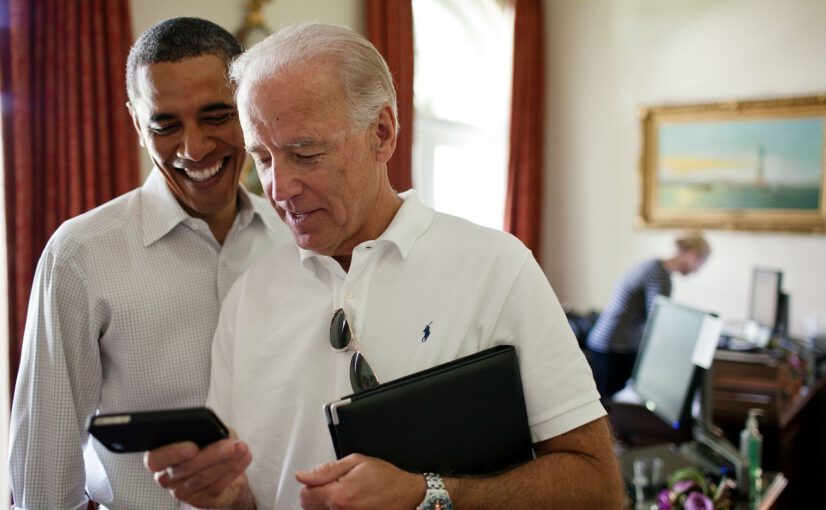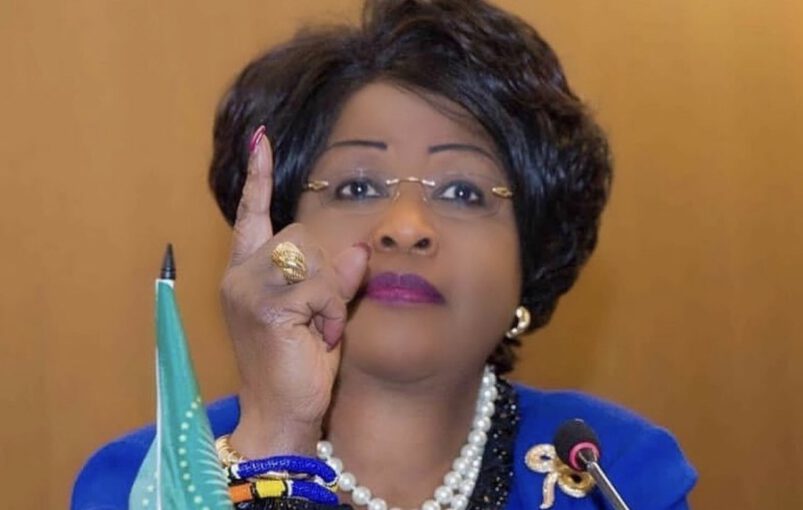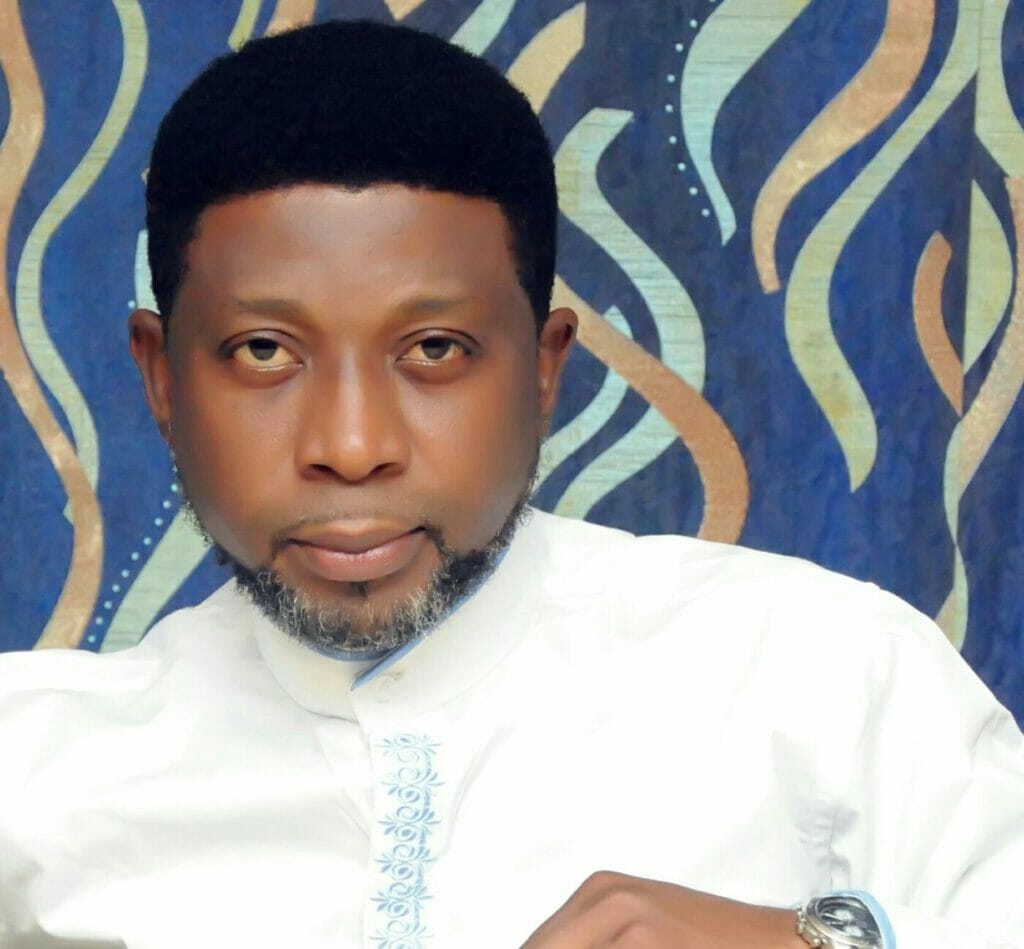Is the U.S. arrogant and disrespectful as some claim?

BY STEVE OGAH
Meetings between African heads of state and their American counterparts have always been heartwarming for African Leaders. The highly anticipated Second U.S.-Africa Leaders was held just last month in Washington. But there is more to the discussions. Distinguished pan-Africanist Ambassador Arikana Chihombori, former African Union diplomat and founder of the Africa Diaspora Development Initiative (ADDI), has been overtly critical of Washington over its dealings with Africa over the years, noting America’s perceived disrespect, arrogance, and racism towards the African continent. This latest meeting has drawn Chihombori’s ire for what she terms “no defined agenda.” Notably, the ambassador told Steve Clemons, Aljazeera’s host of The Bottom Line: “Without the involvement of Africans in these discussions, this is a useless meeting. I’m sorry. But that is the fact.” Arikana Chihombori purports that the US always sets the agenda and policies for the continent as against other superpowers. But this may only partially be the case.

China and Russia, the other fierce competitors for economic, political, and cultural footholds in Africa, sometimes need to be more circumspect when dealing with African countries. They often gloss over fundamental human rights issues, freedom of expression for citizens, and the overall ethos of democracy and good governance, which are parts of the epic story of America. The sentiment expressed by Ambassador Chihombori is not unique, being largely shared by African leaders who know that participatory democracy is not the greatest asset of America’s other rivals. On the other hand, Washington is concerned with that concept in much unblemished terms.
It behooves Washington to demand the best of African leaders regarding critical, good governance indicators and human rights performance. Washington has the moral authority to question African strongmen in politics. That is not arrogance. It is simply a concern for human liberty. America can choose to ignore you with its bowl of aid or assistance if there is a strong suspicion that its help offer would be misapplied. Again, that is not disrespect. That’s circumspection.
Ambassador Chihombori feels that Washington’s attitude towards Africa is driven by racism, but we must not forget the glorious fact that the United States of America has chosen to have a biracial vice president who represents the love for Africa in Joe Biden.
Africa does not want America to make policies for her. That’s fine. But is the U.S. allowed to question African leaders when specific policies go wrong with possible global effects? Where the answer is yes, Washington may go ahead and ask credible questions because the fitting words of President Joe Biden remind us that “silence is complicity.”
America must constantly question Africa, nudge her here and there, and expect to get reasonable responses, as against the laissez-faire attitude of its known rivals in Africa. Silence can be dangerous for democracy and human rights on the continent. Africa’s development partners can’t choose silence because the civil transition of power can sometimes be tough to achieve in Africa. One only has to look around the continent casually and see examples of complicated political transition programs.
America’s questioning of Africa’s faults or perceived clay-foot governments is not disrespectful. On the other hand, disrespect, arrogance, and intolerance arise when African countries do not value themselves, their institutions, fundamental human rights, and democracy.
In his introductory remarks in The Bottom Line, Al Jazeera’s Steve Clemons asked: “and what can America offer that Africa really wants?” Washington can offer models of democracy that Africa needs urgently but does not want. The miracle of democracy is its innate ability to accommodate everyone and challenge views without a haunting fear of repression. Leaders on the continent need to treat their citizens with respect and tolerance so the U.S. can flip its perception towards Africa. Charity begins at home, we must remind ourselves.
With the conclusion of this latest summit and the observations of distinguished Ambassador Chihombori, one can now see a question at the root of Washington’s perceived attitude towards Africa. Why does the U.S. act the way it does? Only when African leaders and citizens answer that question correctly will Washington start treating Africa in markedly different ways. Washington is ready for Africa, but the question is: is Africa ready to receive Washington? That is left for African leaders to resolve.
______
Steve Ogah is an international reporter who writes for “The African Magazine” and several other international publications. The young Nigerian native is a prolific author who has a dozen books to his name.


